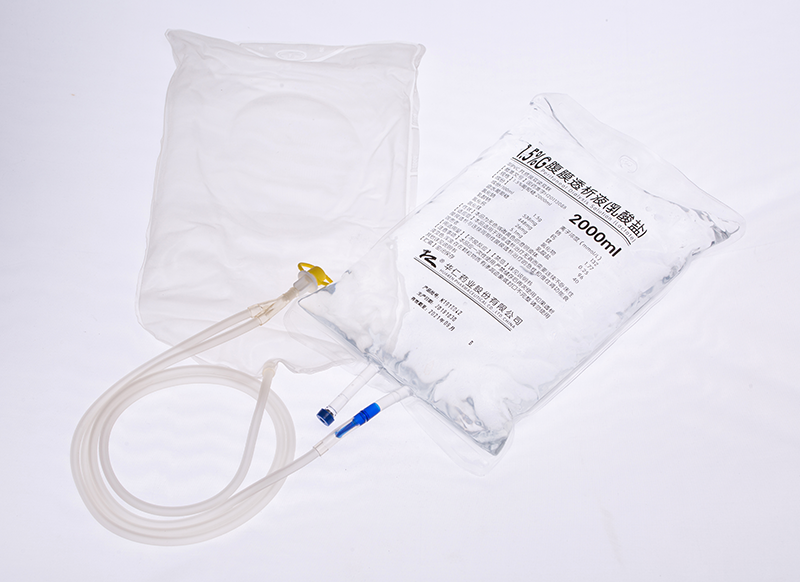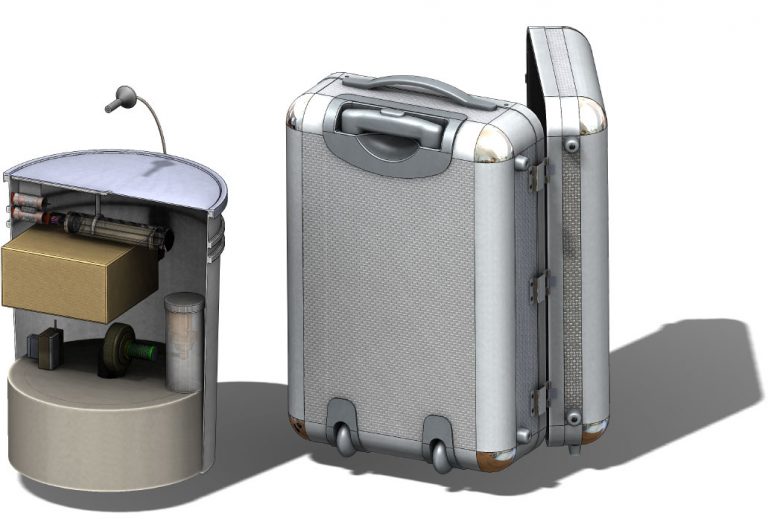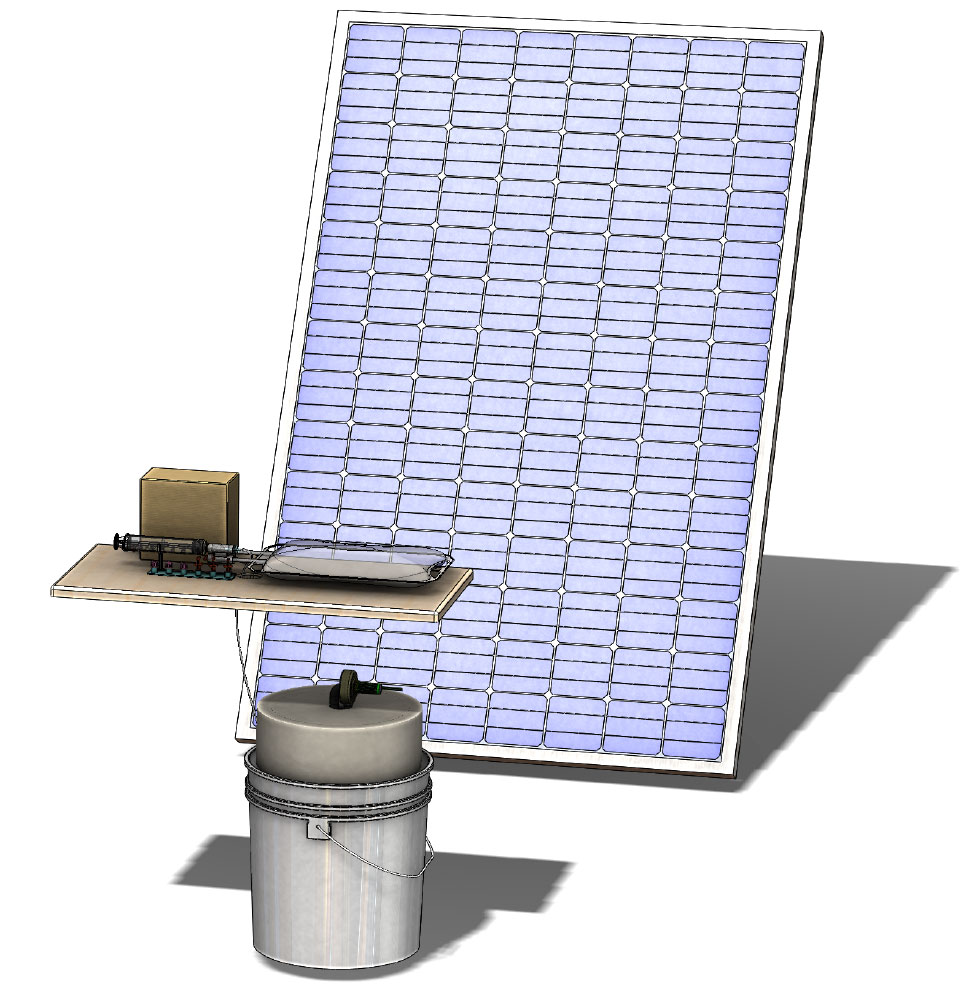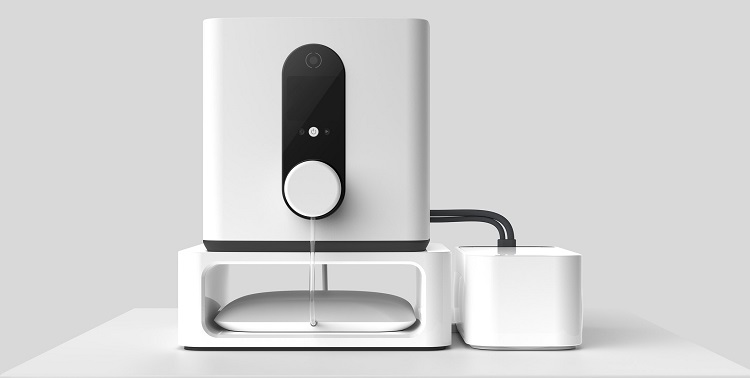The Problem
Though peritoneal dialysis is less costly than hemodialysis and can be performed in a patients home, it currently requires hundreds of litres of fluid filled bags to be made in a factory and delivered to a patient every month - creating a problem of cost and accessibility

The Innovation
Vincent Garvey was awarded the Affordable Dialysis Prize for his innovation - a highly efficient, miniature distiller capable of producing pure water from any source that could be used to make dialysis fluid. It had the potential to save millions of lives each year and transform the way kidney disease is treated around the world.
The prize was jointly established by The George Institute for Global Health, the International Society of Nephrology and the Asian Pacific Society of Nephrology and supported by the Farrell Family Foundation.
Designed to fit in a small suitcase

Create pure water using solar power

The original design was portable and used a solar panel to power a miniature distiller. Conventional dialysis systems cost several tens of thousands of dollars which limits availability in low income countries.
Professor Vlado Perkovic, previously the Executive Director of The George Institute, Australia, said:
“Dialysis has been with us for more than 50 years but there has been no great leap forward in its design or, more importantly, its cost, remaining hugely expensive and out of reach for millions of sick people.
Our Solution
We are developing Garvey's innovation into a home-based system that creates peritoneal fluid from tap water and concentrates of dextrose and electrolytes. The opportunity is to provide affordable access to life-saving dialysis to low income and remote communities.
